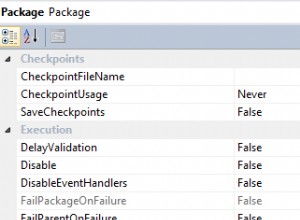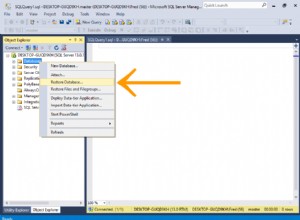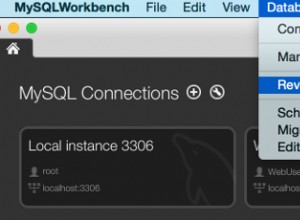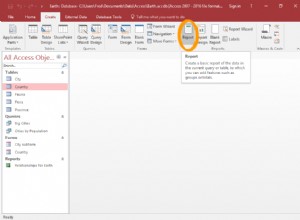Martin war definitiv auf etwas. Das Zeug innerhalb des IF vom Parser zur Parsing-Zeit behandelt wird und ignoriert, ob Ihr IF wird ausfallen. Dies ist der gleiche Grund, warum Sie Folgendes nicht tun können:
IF 1 = 1
CREATE TABLE #x(a INT);
ELSE
CREATE TABLE #x(b INT);
Eine Problemumgehung wäre die Verwendung von dynamischem SQL:
IF EXISTS ...
BEGIN
BEGIN TRANSACTION;
DECLARE @sql NVARCHAR(MAX);
SET @sql = N'
DELETE FROM [dbo].[Notes]
WHERE [EntityId] IS NULL
AND [EntityType] IS NULL
--Delete notes where the corresponding contact or account has been deleted.
OR [ID] IN (9788, 10684, 10393, 10718, 10719)
--Populate new columns with all existing data
UPDATE [dbo].[Notes]
SET [AccountId] = [EntityId]
WHERE [EntityType] = 1
UPDATE [dbo].[Notes]
SET [ContactId] = [EntityId]
WHERE [EntityType] = 2
--Delete EntityId and EntityType columns from the Notes table
ALTER TABLE [dbo].[Notes]
DROP COLUMN [EntityId], [EntityType]';
EXEC sp_executesql @sql;
COMMIT TRANSACTION;
END
Aber Sie sollten trotzdem sicher sein, dass beides Spalten sind da.




